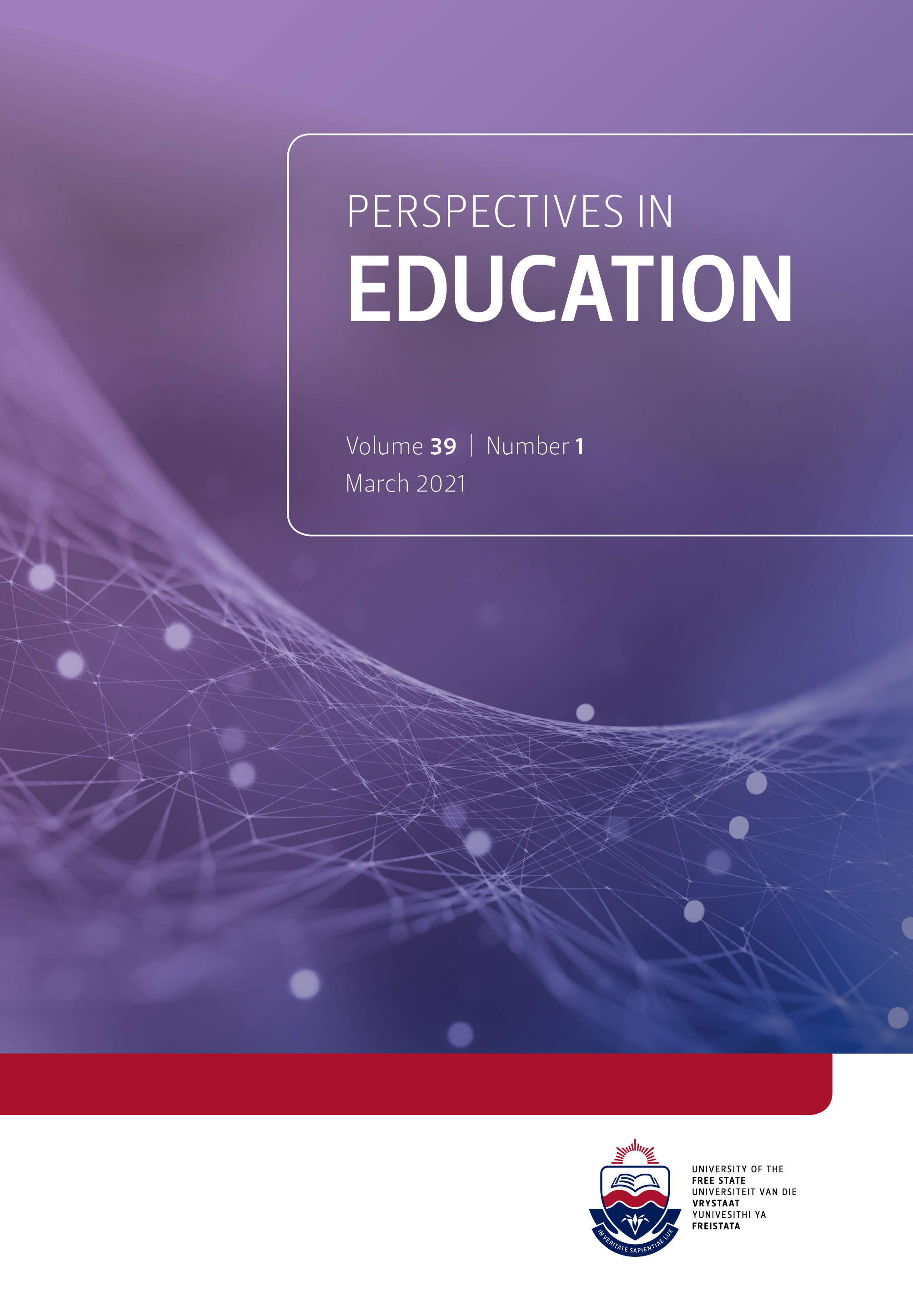Home-schooling in South Africa: Adapting to the new normal of providing education
DOI:
https://doi.org/10.38140/pie.v39i1.4594Keywords:
Home-schooling, Learners, Parents, Home-based education, South AfricaAbstract
Interest in home-schooling is increasing especially in the era of COVID-19. This pandemic has raised concern among many parents about the future education of their children. Home-schooling is increasingly seen as a safer and more viable option. This paper aims to gauge the potential of home-schooling based on the experiences and perspectives of parents who are home educators. This study delves into aspects such as the advantages and disadvantages of contemporary home-schooling experiences. Using a qualitative approach, this research draws on 10 semi-structured interviews with parents who are currently home-schooling their children in order to understand their lived experiences. The study finds that most parents opted for home-schooling to ensure that their children had access to an affordable, high-quality form of education. Furthermore, parents wanted to ensure that each child was provided with an individualised experience, which is particularly beneficial for those with special needs. However, some parents struggled to find the balance between their role as a parent and a teacher. Additionally, the lack of support from the government was outlined as a prominent challenge. The study recommends a more nuanced and integrated approach from policymakers and the government to ensure a safe and efficient home-schooling environment.
Downloads
##submission.downloads##
Published
How to Cite
Issue
Section
License
Copyright (c) 2021 Ms N. Dlamini, Prof P. Maharaj, Ms S. Dunn

This work is licensed under a Creative Commons Attribution 4.0 International License.









